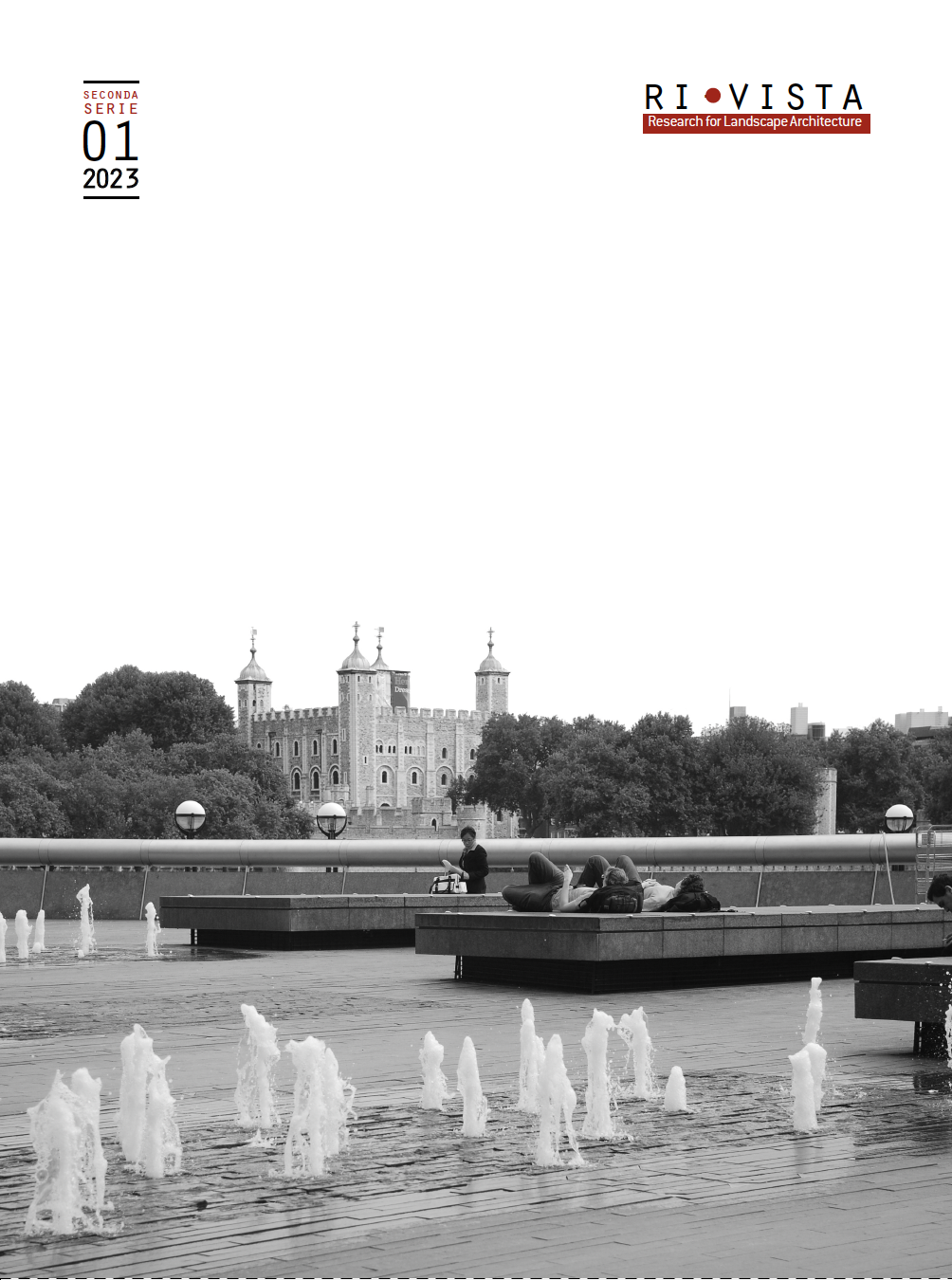Aguapuntura: a water-sensitive approach to revitalize informal settlements in the city of Asunción, Paraguay
Published 2023-12-14
Keywords
- informal urbanism,
- water purification,
- green and blue infrastructure,
- environmental risk,
- water resource management
How to Cite
Copyright (c) 2023 Luca Rossignoli, Sara Favargiotti, Alessandra Marzadri

This work is licensed under a Creative Commons Attribution 4.0 International License.
Abstract
In the last decades, rapid urban development led to the birth of informal working-class neighbourhoods. This phenomenon refers particularly to big cities of the developing world, where the slum’s expansion is uncontrolled and has caused a lack of basic services, drinking water and adequate sanitation facilities, generating open sewers, pollution and landslides due to runoff. The present research, focused on the Chacarita district of Asunción (Paraguay), proposes a multiscalar strategy to manage the water resource, address environmental risk and urban and landscape redevelopment. The study proposes the regeneration of public spaces in one of the sectors that compose the Chacarita Alta neighborhood. The proposed design strategies aim at enhancing its natural and urban heritage through punctual interventions on water involving its collection, purification and reuse. Results underline the potential of the designed prototypes in improving the living conditions of the Chacarita residents.





